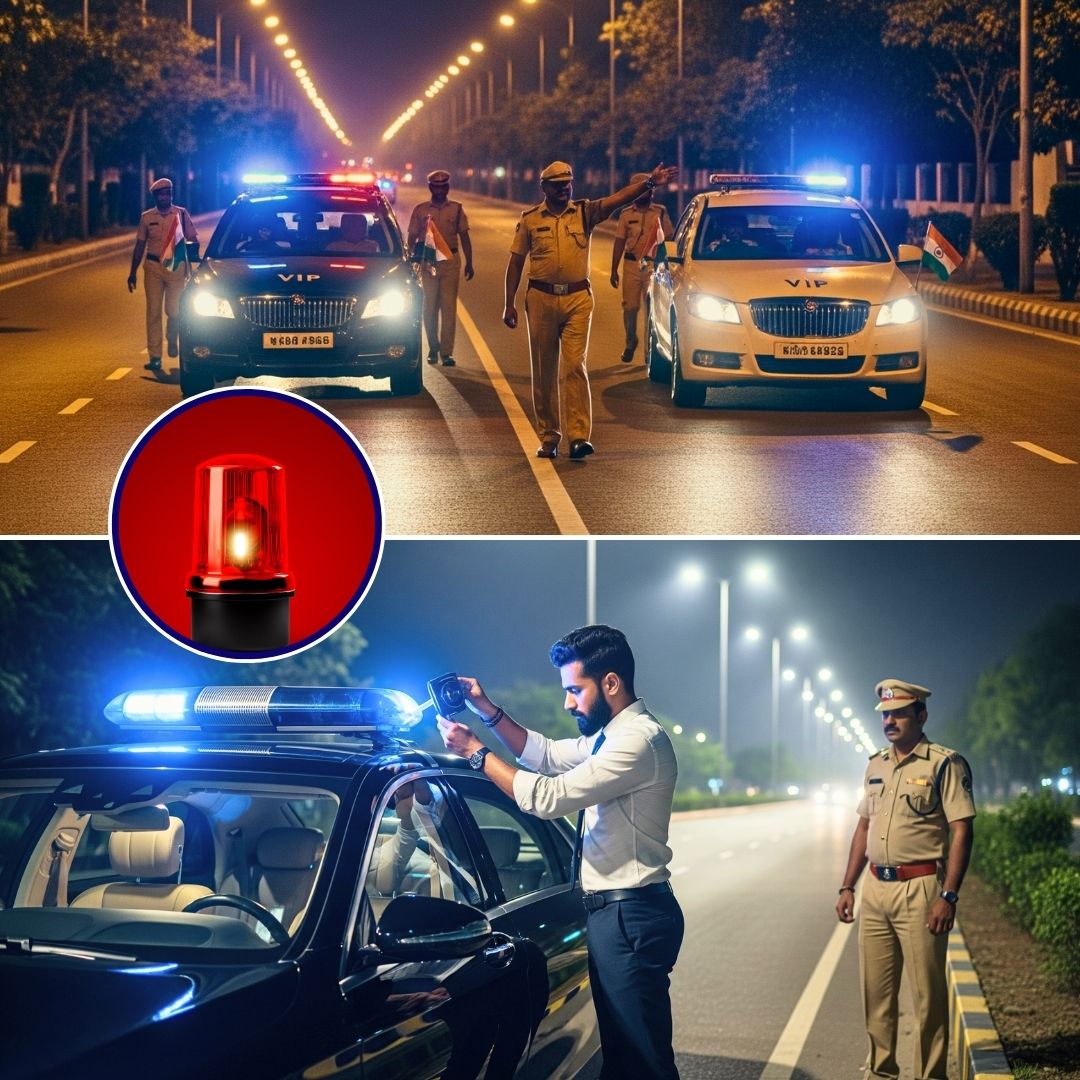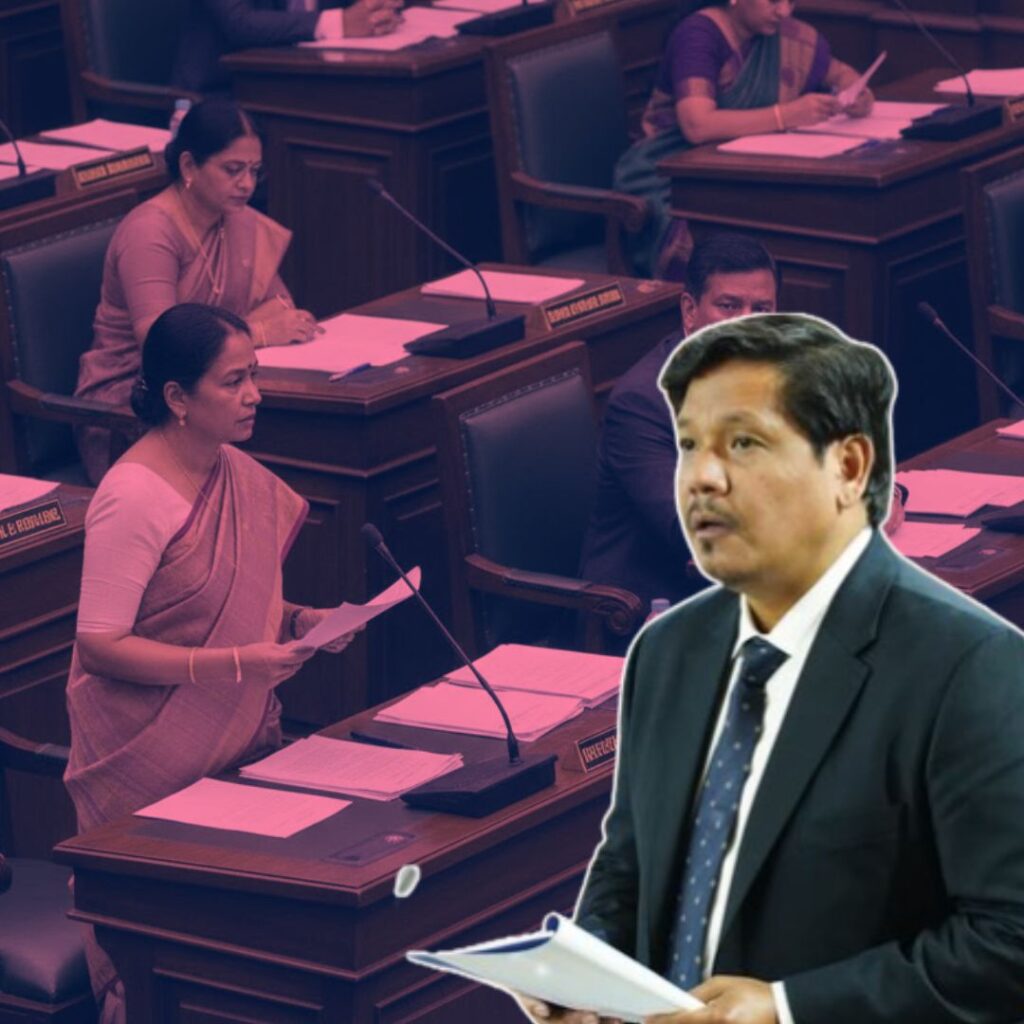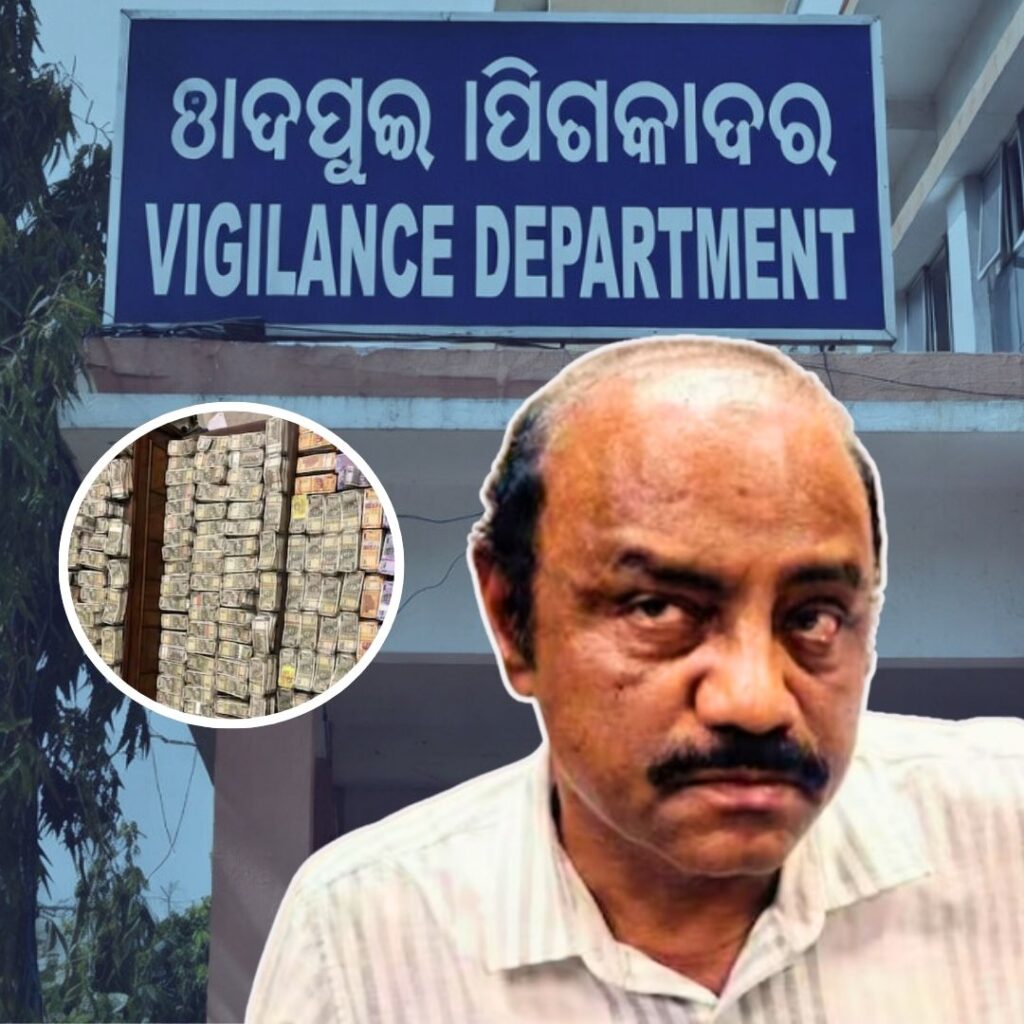Karnataka Director General of Police M.A. Saleem has issued an important directive restricting the use of sirens during VIP movements across the state. This move aims to tackle increasing concerns over noise pollution, public inconvenience, traffic disruption, and security vulnerabilities caused by the audible sirens traditionally used by VIP escorts.
The DGP has suggested an alternative that all communication concerning VIP convoy movements be conducted quietly via wireless devices, reserving sirens strictly for emergency services such as ambulances, police patrols, and fire brigades. This policy change is intended to protect road safety, ease commuter difficulties, and improve the security of VIP convoys by reducing identifiable sound signals.
Reducing Noise and Risks: The New Protocol for VIP Convoys
Using sirens during VIP movements has long been a controversial practice, often resulting in public discomfort and chaotic traffic conditions. Karnataka Police Chief M.A. Saleem explicitly pointed out that “siren use during convoy movements causes confusion among road users, heightens accident risks due to sudden lane changes and erratic escort driving, and leads to significant noise pollution in urban areas.”
The shift from audible sirens to silent, wireless communication between security personnel is expected to maintain the smooth coordination of VIP escorts without disturbing the general public or compromising security. Officials also noted that siren sounds inadvertently reveal convoy routes to potential adversaries, so reducing noise aids in operational secrecy and threat mitigation.
Background: Noise Pollution, Public Safety, and VIP Privilege Concerns
This directive is part of a broader trend in Karnataka and across India to dismantle symbols of VIP privilege that have often disrupted public order and caused grievances. Since the 2017 national ban on red beacon lights on official vehicles, authorities have gradually sought to reduce such overt displays that alienate ordinary citizens and create traffic hazards.
Noise pollution itself is a growing health concern linked to stress, sleep disruption, and hearing impairment, with urban areas particularly vulnerable. Moreover, recent events such as the reported overturning of an escort vehicle for Deputy Chief Minister D.K. Shivakumar during high-speed convoy movement have underscored the urgent need for reform in convoy safety and management practices.
The Logical Indian’s Perspective
We view Karnataka’s restriction on siren use during VIP movements as a progressive step that champions the dignity, safety, and wellbeing of the public, while preserving security imperatives. It challenges old-fashioned notions of authority expressed through noise and disruption, advocating instead for respectful, technology-enabled approaches to protection.
The Logical Indian welcomes reforms that promote harmony between governance, security, and peaceful daily life. As urban populations grow and tolerance for noise decreases, such measures reflect responsible leadership prioritising public welfare.












